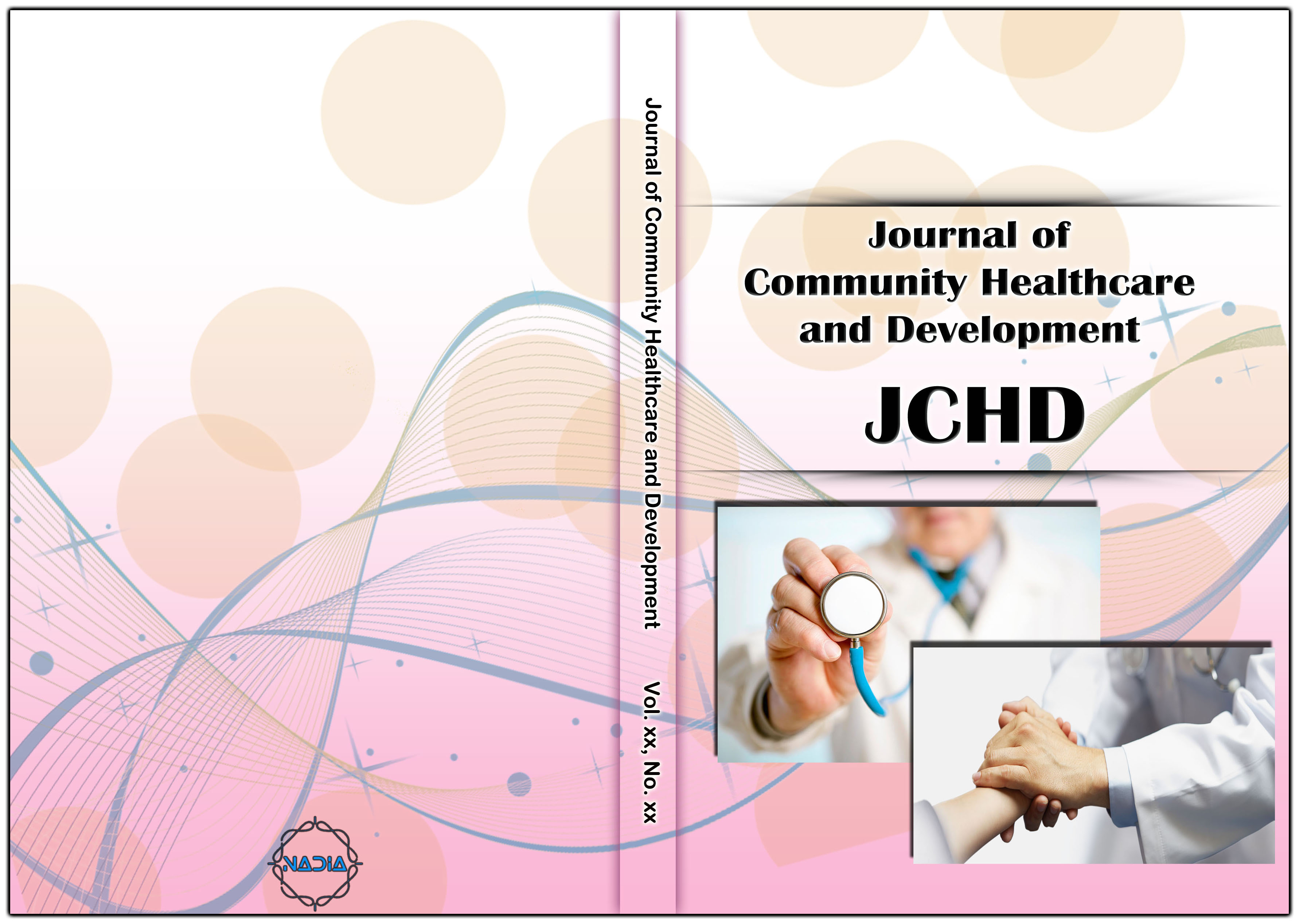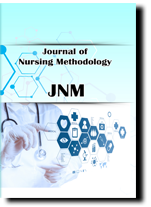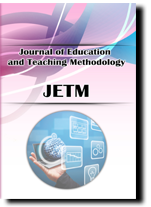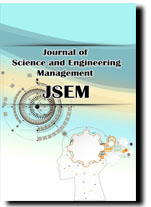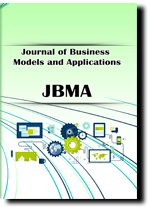[1] Kim, D. R., Lee, S. H., Ahn, S. Y., Kim, Y. H., Lee, C. H. and Kim, K. H., “A Study on Dying Well Education Needs of the Elderly People.” Journal of the Korea Academia-Industrial cooperation Society, vol. 20, no. 9, (2019), pp. 270-278.
[2] Yun, Y. H., Rhee, Y. S., Nam, S. Y., Chae, Y. M., Hea, D. S. and Lee, S. W., “Public attitude toward dying with dignity and hospice palliative care.” Korean J Hosp palliative Care, vol. 7, (2004), pp. 17-28.
[3] Ahn, S. Y., Kim, Y. H. and Kim, K. H., “Convergence Research on Relationships among the inhibiting factors of Dying Well Chong Hyung Lee.” Journal of the Korea Convergence Society, vol. 10, no. 8, (2019), pp. 37-44.
[4] Han, N. Y., Yoon, H. J., Park, E. W., Cheong, Y. S. and Yoo, S. M., “Perception of a Good Death in the Elderly.” J Korean Acad Fam Med., vol. 23, no. 6, (2002), pp. 769-777.
[5] Kang, K. A., “Comparison of meaning in life and death attitude between participants and non-participants in well-dying education.” J Korean Oncol Nurs, vol. 10, (2010), pp. 136-162.
[6] Yeun, E. J. and Kang, T. W., “Subjectivity of death and dying among the Korean elderly.” J of KSSSS, vol. 47, (2019), pp. 5-27.
[7] Ahn, S. Y., Kim, Y. H. and Kim, K. H., “Convergence Research on Relationships among the inhibiting factors of Dying Well.” Journal of the Korea Convergence Society, vol. 10, no. 8, (2019), pp. 37-44.
[8] Jung, Y. D., “Pay attention to the well-being and well-dying.” The Korean Entertainment industry Association, vol. 12, (2016), pp. 5-10.
[9] Jo, K. H., “The meaning of dignified dying perceived by nursing students.” J Korean Acad Soc Nurs Educ, vol. 16, (2010), pp. 72-82.
